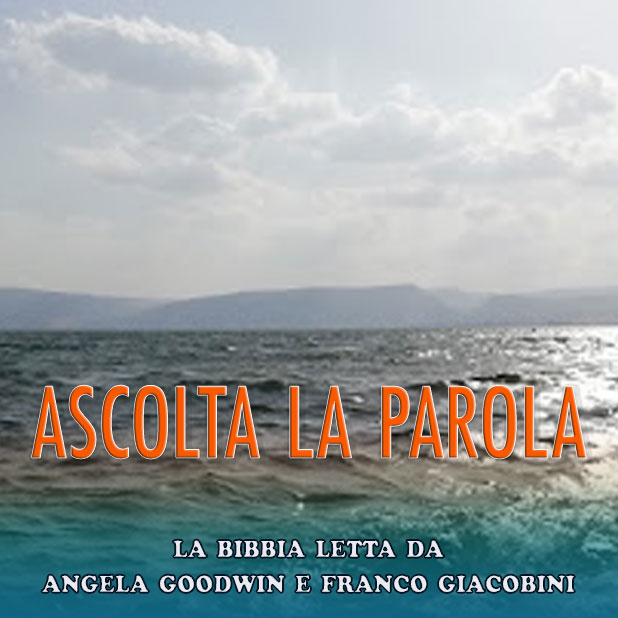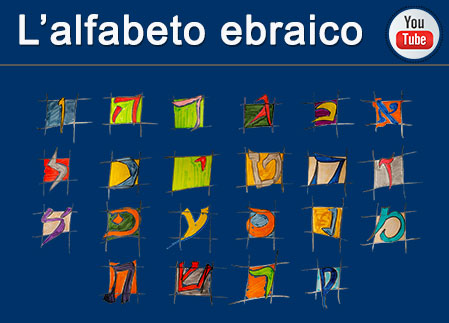Ignatz Bubis
Germania 23/06/1996
Your Holiness,This is the third time in connection with your visits to Germany that you have expressed the wish to meet with the Central Council of the Jews in Germany.
We were happy to accommodate you, since it is our wish to continue the Christian-Jewish dialogue at the top level and we greatly appreciate the fact that this is also your interest. You have systematically continued the policy of dialogue and mutual understanding initiated by the Second Vatican Council under Pope John XXIII.
This includes the declaration of the 1991 Synod of European bishops in Rome which emphasizes a special relationship with the Jewish people. The document notes: "An extremely important factor in the construction of a new order in Europe and in the world is inter-religious dialogue, above all with our "elder brothers", the Jewish people, whose faith and culture are an element of human development in Europe."
"After the terrible holocaust of our century, for which the Church feels a profound grief, new attempts have to be made to acknowledge Judaism more profoundly, rejecting all forms of anti-Semitism, which are contrary either to the Gospel or to natural law... Joint work at various levels between Christians and Jews, taking account of differences and particular doctrines of each religion, could have great significance in Europe's future, civil and religious, and its role in the rest of the world."
This time we are meeting at Bernard Lichtenberg House, a house which bears the name of a person who in the darkest era of German history resisted the system and, among other things, helped provide support to Jews in distress. With the beatification of Bernhard Lichtenberg and Karl Leisner the Catholic Church is stating its support of humanity and thanking its sons for their steadfastness in times of need, something that could serve as an example for many others. We are also aware that at the time of National Socialism thousands of priests resisted and suffered severely as a result, to the point of losing their lives.
We are also aware that in that era, and even after 1945, there were other phenomena as well. A very horrifying example was the pogrom of Kielce, the fiftieth anniversary of which we will be observing in a few days time, together with the Catholic Church of Poland. We regret to note that anti- Judaism continues to exist in many places and for this reason great importance attaches to joint efforts on our part to limit crimes of this kind and similar crimes based on ethnic and religious prejudices, such as have continued to occur to the present day. There is a need here for close cooperation among all the religions.
You, Your Holiness, were the first Pope to visit the Jewish synagogue in Rome. Due to your influence the sisters of a religious order ultimately vacated premises located in front of the Auschwitz concentration camp. Unfortunately, they wrongly turned the building over to a company, "Maya", which is in the process of building a supermarket there. We would be grateful if you were to take a public stand on this issue, since it is certainly the wish of all of us that a large area around this place of martyrdom for so many European peoples, particularly for the Jewish and Polish peoples, should be kept free of any type of building that would detract from the spirit of reverence that should surround it, as was and continues to be the wish of UNESCO.
We greatly appreciate the fact that diplomatic relations were established between the Holy See and the State of Israel during your pontificate. We noted with great satisfaction that joint efforts to fight anti-Semitism and xenophobia were written into the preamble. Israel is the country the Jews were forced to leave more than 1900 years ago when they went into diaspora. We hope very much that you will soon visit that country, the historical soil of which is holy to us all.
We wish you a long life and, as we say in the Jewish tradition, full health to the age of 120, and we hope you will enjoy a long period of continued activity for the Catholic Church.
(Unofficial translation by the Sekretariat der Deutschen Bischofkonferenz)
Review SIDIC
Vol. XXIX N. 2-3 (1995) pp. 57-58
18 visualizzazioni.
Inserito 01/01/1970
Relazioni Ebraico-Cristiane
Ultime novità nel sito
- 19/04/2020: Articolo - L’enigma della Maddalena
- 23/02/2020: Articolo - Il locus amoenus nelle catacombe ebraiche e cristiane di Roma
- 16/02/2020: Articolo - Il profetismo nel Vicino Oriente antico
- 13/02/2020: Articolo - I Profeti della Cappella Sistina
- 09/02/2020: Articolo - Gerusalemme e la Terra Santa di Israele


